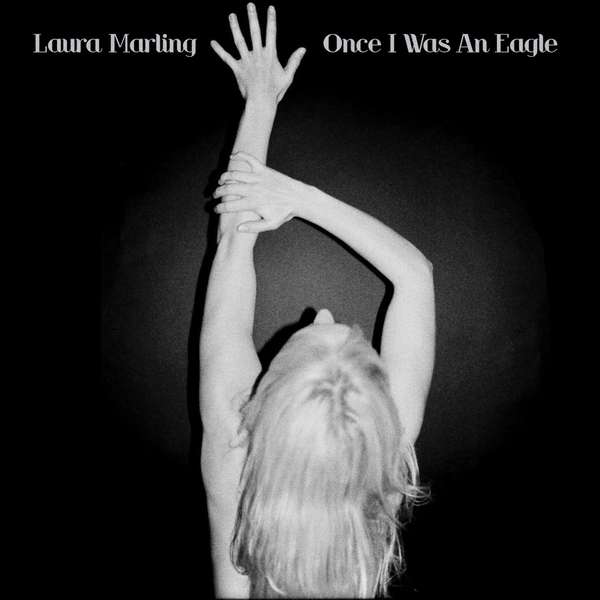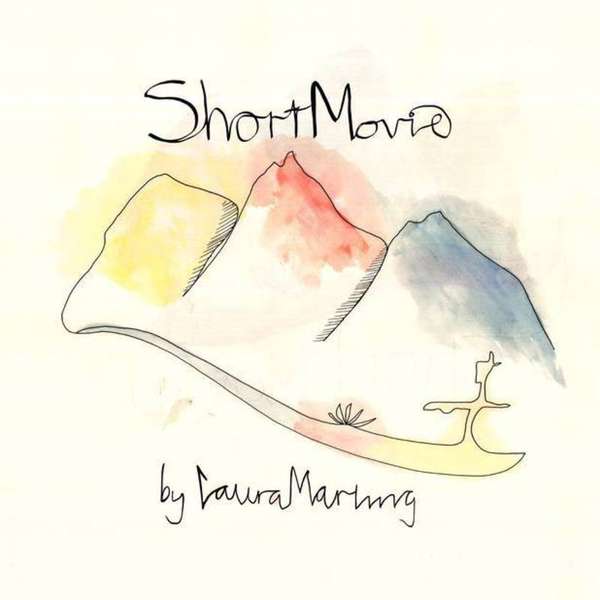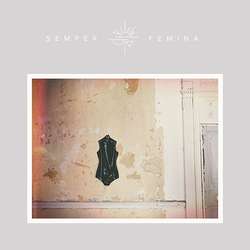The musical scene that was dubbed ‘nu-folk’ appeared quaint almost from its origins, perhaps due to the fact it will be forever associated with MOR stadium fillers Mumford and Sons or perhaps because the concept of folk as ‘new’ seems paradoxical in nature. Indeed, of the artists that have emerged from it and are still talked about, the tag no longer fits with ease, if at all. For Laura Marling, the process of escape became truly evident on previous record A Creature I Don’t Know whilst with this latest album, it has become all too literal. In a Guardian article earlier this year, Marling discussed her decision to re-locate from London to Los Angeles with the intimation that her environment had become “stagnant” and that there was a need to shed her previous life. If Once I Was An Eagle is approached with this in mind, then over its sixteen tracks, it is relatively clear that this album is a musical reflection of both the decision to leave and the process of the transition itself.
Second track, ‘I Was An Eagle’ is a reflection of Marling’s previous life; harsh in its self-examination with the cynical claim that Every little girl is so naive/ falling in love with the first man she sees suggesting bitterness in regards to previous failed relationships. Yet the song does not wallow in self-pity, instead it becomes a bold statement about Marling now; a decision to be free from control of others: I will not be a victim of circumstance/Chance or circumstance or romance or any man/ Who could get his dirty little hands on me. In many ways it is one of most Marling’s most intimate songs and the ultimate sentiment is that maybe it is time to leave.
First single ‘Master Hunter’ appears at first to be a cut from A Creature I Don’t Know with the vocals going an octave higher and slightly muddy production on the drumming in particular. It suggests that of all the personas Marling approached in that record, it was the one that appeared on ‘The Muse’ that fits her the best - the independent and sexually empowered woman. Whilst not the best track on the album, it is useful in creating a direct link between records; that this is a personal and musical evolution rather than a complete re-invention. More than this it works well in showing how Marling is able to uproot herself for a new country. Later on the deceptively upbeat ‘Where Can I Go?’ further emphasises this as going beyond simply desire to a basic need. The lyrics suggest an emotional and physical abandonment by those that she previously surrounded herself with; the juxtaposition between tone and content effectively showing the divisions of past and present.
Once I Was An Eagle is an album that is filled with the sorrow of the past and the promise of a future that has learned from the past. Yet in the closing track, and album highlight, ‘Saved These Words’, there is a warning to any future partners of how she approaches relationships; Should I choose to love anyone anytime soon/ Then I save these words for you. It suggests that the despite the wisdom attained so far, the complexities of romance are still too great to be fully understood. Far from being the completion of a single tale, as the album closes and merges back into the opening of ‘Take the Night Off’, it becomes clear that Once I Was An Eagleis a cycle; destined to be repeated.
Once I Was An Eagle is not the best record that Marling has so far produced; that honour still goes to I Speak Because I Can , but with impact of its intimacy and deft lyricism, it one of 2013’s best albums.



